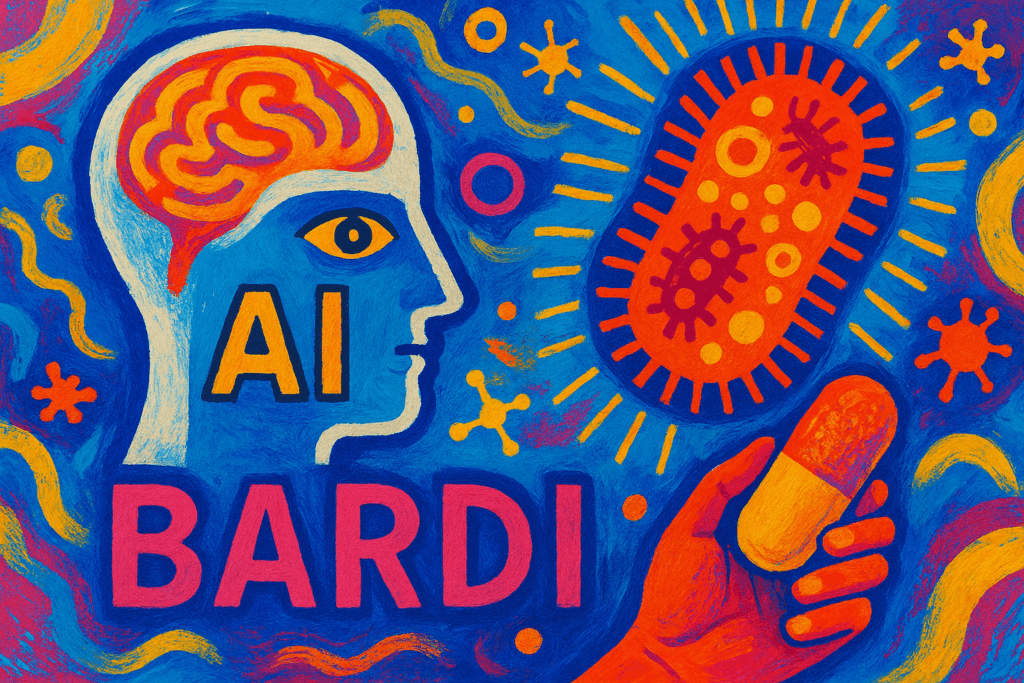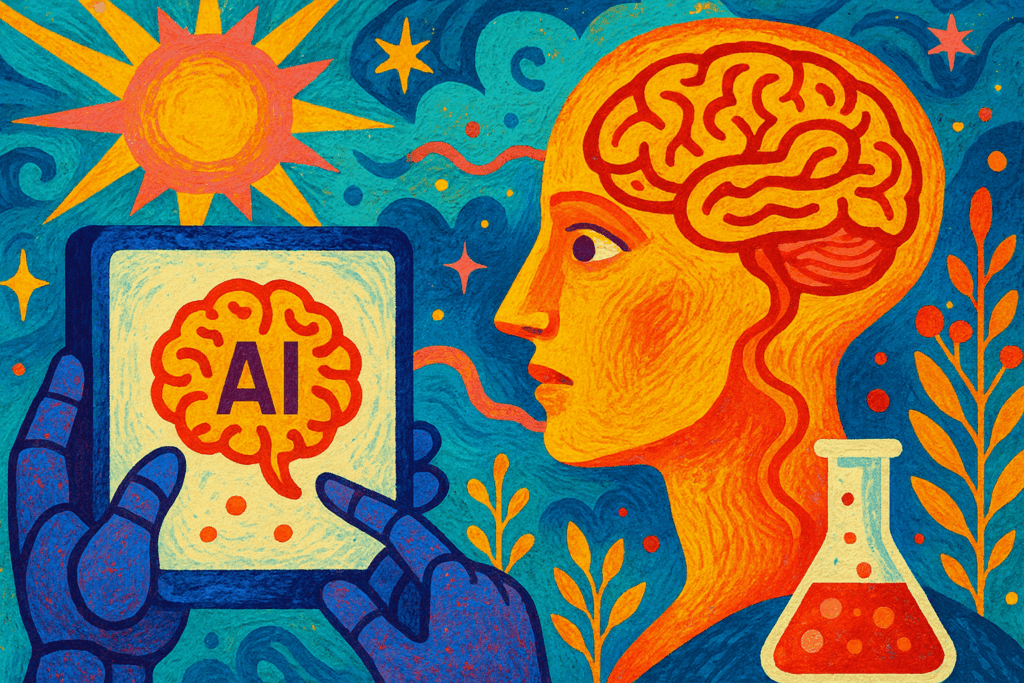The Silent Pandemic: AI’s Urgent Response to Antimicrobial Resistance
Antimicrobial Resistance (AMR) poses a significant threat to global health and the economy, undermining decades of medical progress. The rise of resistant infections leads to longer hospital stays, higher medical costs, and increased mortality. Addressing this silent pandemic demands innovative solutions. Artificial Intelligence (AI) emerges as a promising tool, offering new methods to detect, monitor, and combat AMR with unprecedented speed and precision.
BARDI: A Strategic Blueprint for AI-Powered AMR Combat
The BARDI framework provides a comprehensive strategy to leverage AI in the fight against AMR. This framework consists of five interconnected pillars: Brokered Data-sharing, AI-driven Modelling, Rapid Diagnostics, Drug Discovery, and Integrated Economic Prevention.
Rapid Diagnostics: Accelerating Detection and Treatment
AI-powered rapid diagnostics translate complex genomic data into immediate clinical insights. By enabling point-of-care solutions, these tools facilitate timely detection and treatment of resistant pathogens across various healthcare settings, including low- and middle-income countries. Real-time pathogen identification accelerates therapeutic decisions, reducing inappropriate antimicrobial use and slowing resistance development.
Beyond Diagnostics: Data, Innovation, and Economic Prevention
Secure brokered data-sharing creates a robust foundation for AI algorithms, allowing them to analyze diverse, high-quality datasets despite challenges like fragmentation and interoperability. AI-driven modelling supports predictive surveillance and outbreak forecasting. In drug discovery, AI expedites identifying novel therapeutics to counter resistant strains. Furthermore, integrated economic prevention aligns public health policies with sustainable investment strategies, promoting efficient resource allocation and incentivizing innovation.
Overcoming Obstacles for a Healthier Future
Significant barriers remain, including fragmented data systems and the absence of unified global standards for data access and sharing. The BARDI framework proposes solutions to these challenges by fostering collaborative infrastructures and emphasizing transparency and inclusivity. Looking ahead, the strategic application of AI guided by this framework holds the potential to prevent millions of deaths tied to AMR, safeguard healthcare gains, and mitigate the economic consequences of resistance worldwide.




